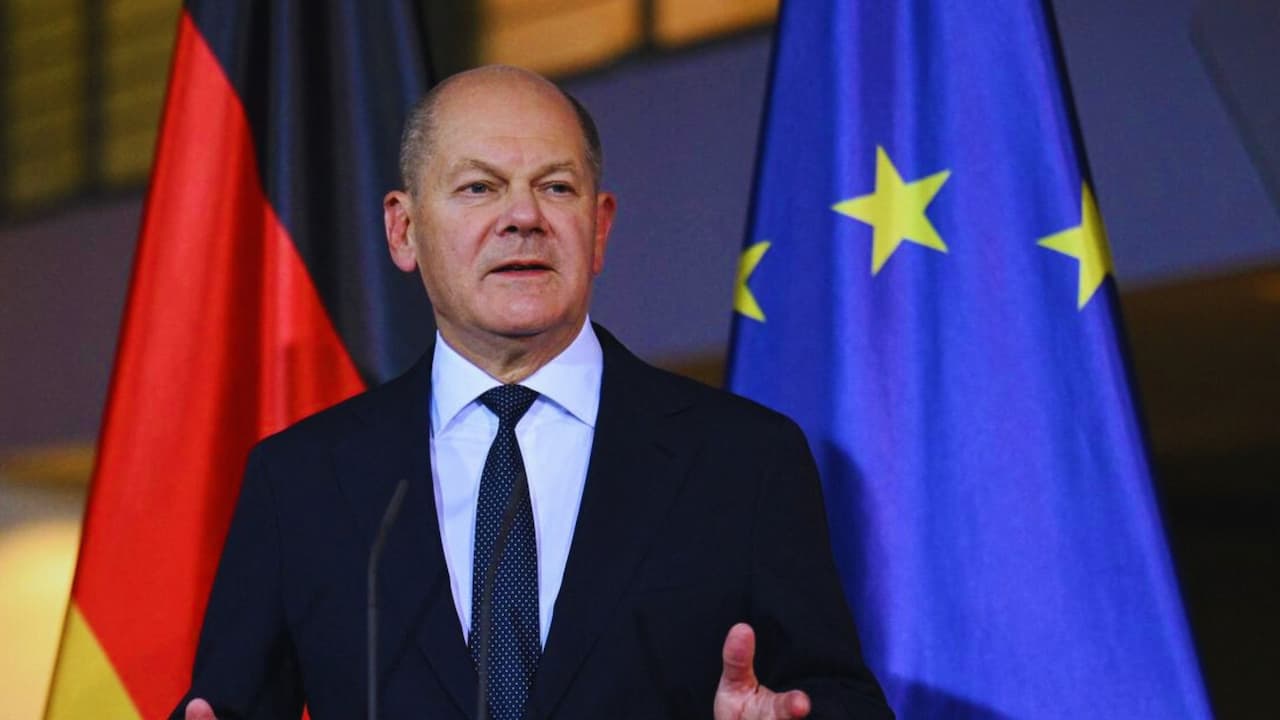German Political Crisis Deepens: Scholz Opens Door to Pre-Christmas Confidence Vote
In a significant shift that has sent ripples through German politics, Chancellor Olaf Scholz has agreed to potentially hold a confidence vote before Christmas, marking a dramatic acceleration of Germany’s political timeline amid growing pressure from both allies and opposition.
“If everyone sees it that way, it’s not a problem,” Scholz stated during a Sunday night interview with ARD journalist Caren Miosga, stepping back from his earlier stance of holding the vote in January. This change comes just days after his coalition government collapsed following the withdrawal of the Free Democrats Party.
The political drama began when Scholz dismissed Finance Minister Christian Lindner of the Free Democrats, triggering the party’s exit from the ruling coalition and leaving Scholz heading a minority government. The situation has created one of the most significant political crises in recent German history.
Green Party supports Wavers. Adding to the chancellor’s challenges, key figures within his own coalition are pushing for swift action. Anton Hofreiter, a prominent Green lawmaker who chairs Germany’s EU affairs committee, told BILD newspaper, “What the chancellor has in mind is not a beneficial idea. To ensure clarity before Christmas and the New Year, Olaf Scholz should request a vote of confidence in December.
Oppositional pressure mounts Opposition leader Friedrich Merz of the Christian Democratic Union (CDU) has been particularly vocal, accusing Scholz of “clinging to power” and demanding a confidence vote as early as Wednesday. The pressure is particularly significant given that Scholz’s Social Democratic Party (SPD) currently trails the CDU by 17 points in recent polls.
Responding to these accusations, Scholz maintained a defiant tone: “I am not glued to my post,” while expressing confidence in his party’s chances in any upcoming election. However, the path forward remains complex, as forcing Scholz from office would require votes from far-right or far-left parties unless he voluntarily calls for the confidence vote.
International Implications The political uncertainty comes at a crucial time for international relations. During the same interview, Scholz addressed questions about working with U.S. President-elect Donald Trump, delivering a pragmatic message: “We dance with whomever is in the room.” He emphasized that while he’s “never naive,” he remains “fearless” about maintaining Germany’s partnership with “the most powerful democracy in the world.”
Constitutional Process Should Scholz lose the confidence vote, German President Frank-Walter Steinmeier would need to dissolve parliament within 21 days, with new elections required within 60 days, according to constitutional requirements. This timeline could see Germans heading to the polls much sooner than initially anticipated.
The coming days will be crucial for German politics as pressure continues to mount on Scholz to decide on the confidence vote timing. With support eroding from both coalition partners and opposition forces strengthening, Germany appears to be heading toward one of its most significant political reshufflings in recent years.
